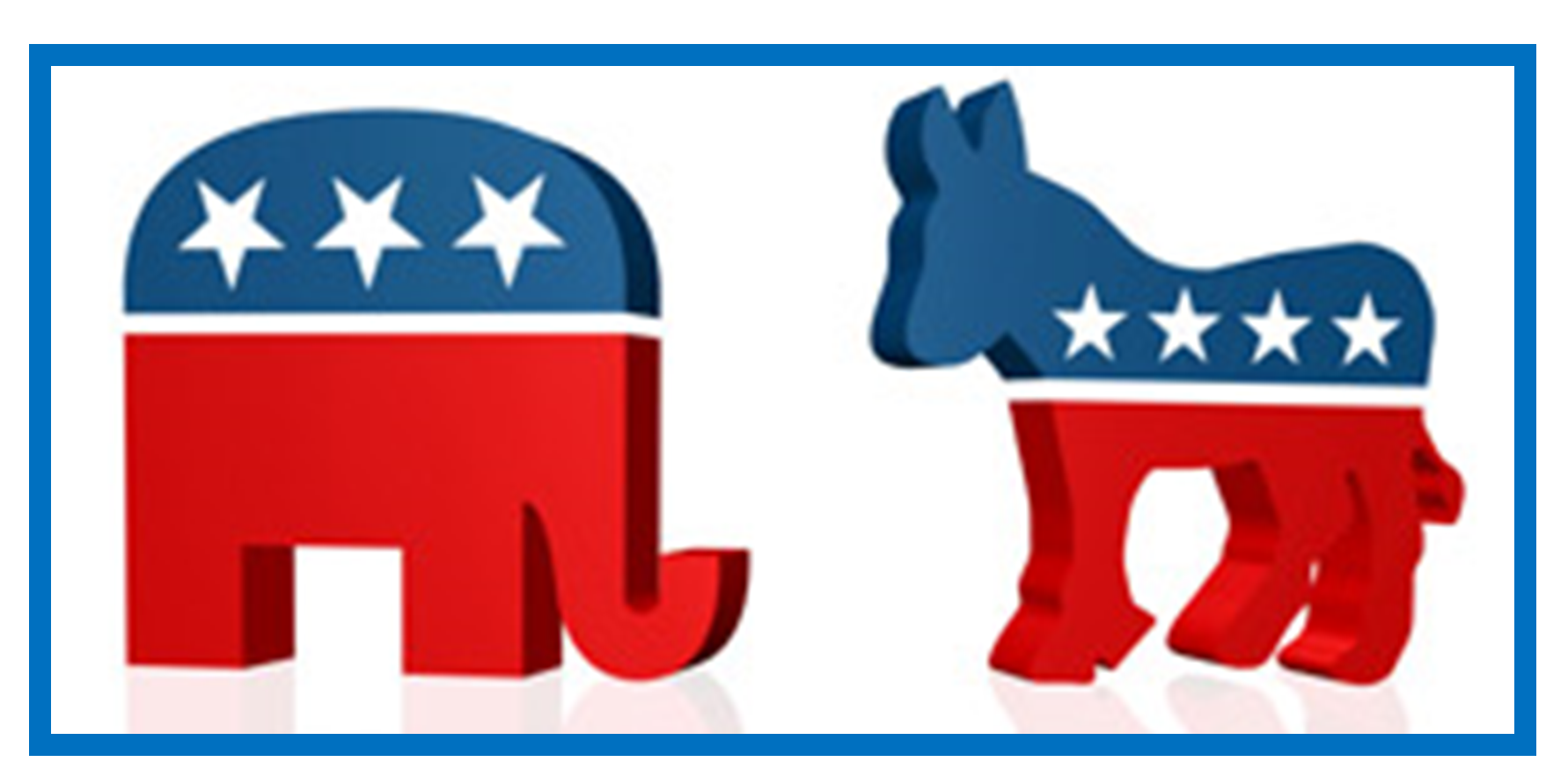The U.S. Political Personality (I): Parties
Talking about politics is a risky business, especially in the year of heated and divisive elections. Still, let’s do that. Our goal is not to sort out who is right or wrong, or mend political fences, even if we could. As always, our focus is on personality traits. In a recent survey on the 2016 U.S. presidential election, we found our respondents displayed certain trends and preferences with regard to the different parties, candidates, and voting behaviors. In this series of articles, we will discuss these trends and their possible explanations, doing our best to decipher what drives different personality types to polls. In this survey, only answers from respondents based in the United States and over 18 years of age were taken into account.
Let’s begin with the political parties and their personality profiles. Parties are designed to organize people who are politically like-minded to create a voting bloc, offer a legislative agenda and place candidates in the running for office. This presidential election has shown us that the “like-mindedness” of a party can shift and change and cause upheavals within parties. The primary successes of Donald Trump and Bernie Sanders have clearly demonstrated that it is not “business as usual” in either the Democratic or Republican Parties. But that aside, is there anything in our personality make-ups that pushes us toward one party or another?
Read the Full Article at https://www.16personalities.com/articles/the-us-political-personality-i-parties (Source)
The U.S. Political Personality (II): Voter Involvement
In our exploration of all things political by way of the personality, we continue the series by digging deeper into who the American voter is, how involved are they in campaigns, and do they vote because of a candidate’s policies or because they have the best chance of winning. If you have missed the first part of this series, “Parties”, you can find it here.
Voting History and Intent
Before we proceed, a quick note regarding some of the charts below. Any figures that include previous voting data are drawn from a subset of respondents that were at least 22 years old at the time of taking this survey. Charts that focus on this election season include all respondents aged 18 or more. And of course, only answers submitted by respondents from the United States were counted.
Let’s start with the Roles. Perhaps surprisingly, Diplomats are the most likely group both to have voted in the past (85%) and to vote again this year (83%). It is usually Sentinels who carry the banner of civic responsibility, but this time they fall behind, even if not by much (81% and 82% respectively). If we take our previous studies into account, it seems that whereas Sentinels tend to be the most active voters overall, Diplomats (and to a lesser extent Analysts) surpass them when the presidency is on the line.
Read the Full Article at https://www.16personalities.com/articles/the-us-political-personality-ii-voter-involvement (Source)

